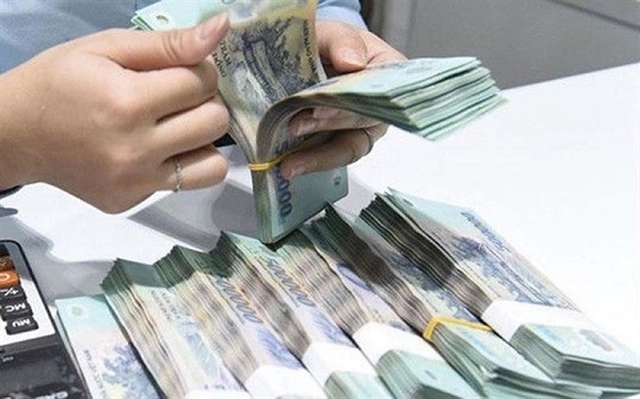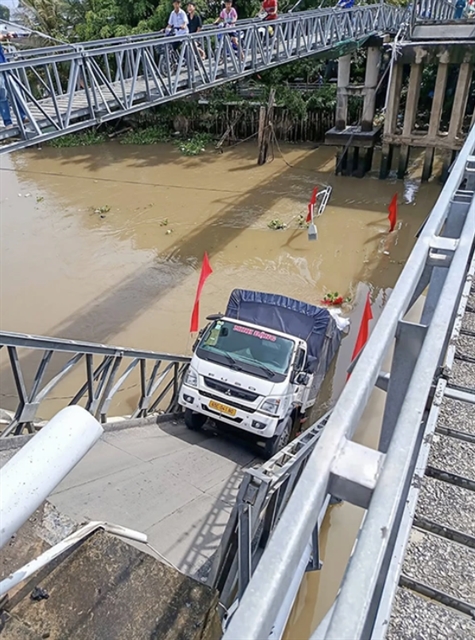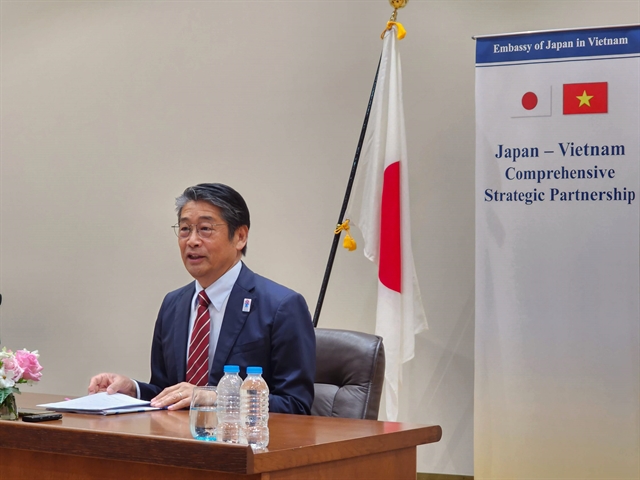 Politics & Law
Politics & Law
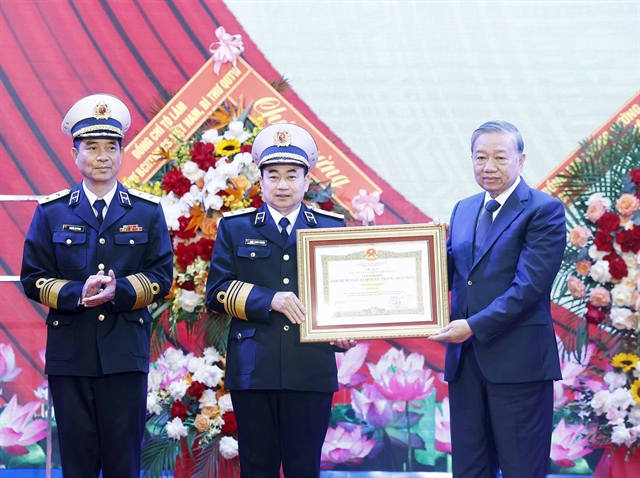
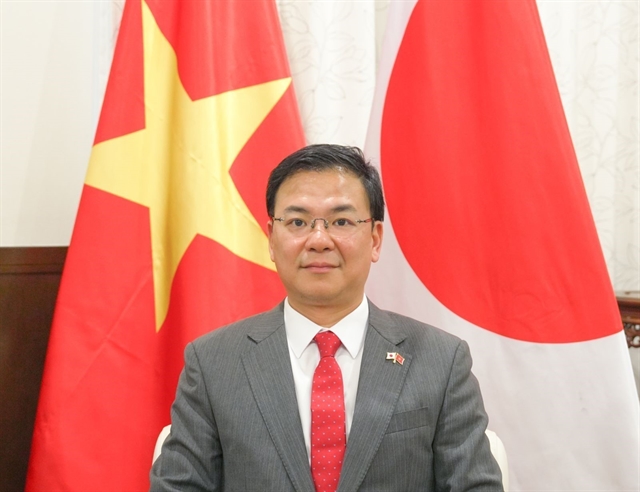 |
| Vietnamese Ambassador to Japan Phạm Quang Hiệu. — VNA/VNS Photo |
TOKYO — Japanese Prime Minister Ishiba Shigeru and his spouse’s official visit to Việt Nam from April 27 to 29 is expected to create powerful new catalyst for the bilateral relations, helping consolidate the friendship between the two countries while laying a solid foundation for the relationship to develop in a strong and sustainable fashion, according to a Vietnamese diplomat.
In an interview with the Vietnam News Agency, Vietnamese Ambassador to Japan Phạm Quang Hiệu underscored the significance of the visit – the first to Việt Nam by PM Ishiba since the two countries elevated their relations to a comprehensive strategic partnership for peace and prosperity in Asia and the world. Following frequent high-level discussions at various international forums, the trip demonstrates the Japanese Government’s respect for Việt Nam’s role and position in the region.
The visit not only provides an opportunity for the two sides to review their recent cooperation progress but also allows them to engage in substantive discussions to bring into full play their comprehensive strategic partnership, he said, adding Việt Nam and Japan will bolster collaboration across multiple domains, particularly economy, trade, investment, and emerging sectors like digital transformation, green transition, energy, semiconductor, and science-technology, propelling their partnership to a new development phase in the new era.
Ministries and sectors of both sides are working closely to promote exchanges and sign numerous documents related to economy, ODA, and high-quality human resources training, among others.
Amidst changes in regional and global situations, Việt Nam-Japan cooperation is increasingly important, contributing positively to maintaining peace, stability, cooperation and development in the region and the world, for the benefit of the two countries’ people, he stressed.
Regarding priority discussion topics during PM Ishiba's visit, the ambassador said that leaders of both sides will focus on strategic cooperation areas, with Japan continuing its support for Việt Nam to carry out three strategic breakthroughs on institution, infrastructure, and human resources.
Economic, trade, and investment cooperation remains the most important pillar in the bilateral relations. As Japan is now a leading economic partner of Việt Nam, discussions will be on improving investment climate, promoting supply chain, and expanding markets for each other's goods. Both sides aim to open their markets for Vietnamese pomelo and Japanese grapes while exploring possibilities for other agricultural products, according to Hiệu.
Additionally, the two countries will discuss new pillars of cooperation such as in science - technology, digital transformation, green transition, and new energy sources.
On the table will be measures to enhance people-to-people exchanges, labour cooperation, and high-quality human resources training, he said, adding competent agencies from both countries are working towards the signing of a cooperation agreement regarding the new training employment system, approved by Japan and expected to be implemented from 2027.
Besides, natural disaster prevention, climate change response, environmental protection, and emissions reduction will be potential areas for cooperation. Japan boasts strengths in renewable energy and disaster response while playing a leading role with many regional initiatives such as Asia Zero Emission Community (AZEC), supporting Việt Nam in its green energy transition process.
The two countries will also explore cooperation possibilities in building sustainable agriculture with high resilience that contributes to ensuring food security for both nations. Healthcare and elderly care cooperation represent another promising area given the accelerating pace of population aging.
Hiệu believed that Ishiba’s visit will deliver on tangible results, with the signing of numerous cooperation documents in various fields, especially in science and technology, green economy, digital economy, sustainable development, and strategic infrastructure development including transportation, energy, and electricity. — VNA/VNS



